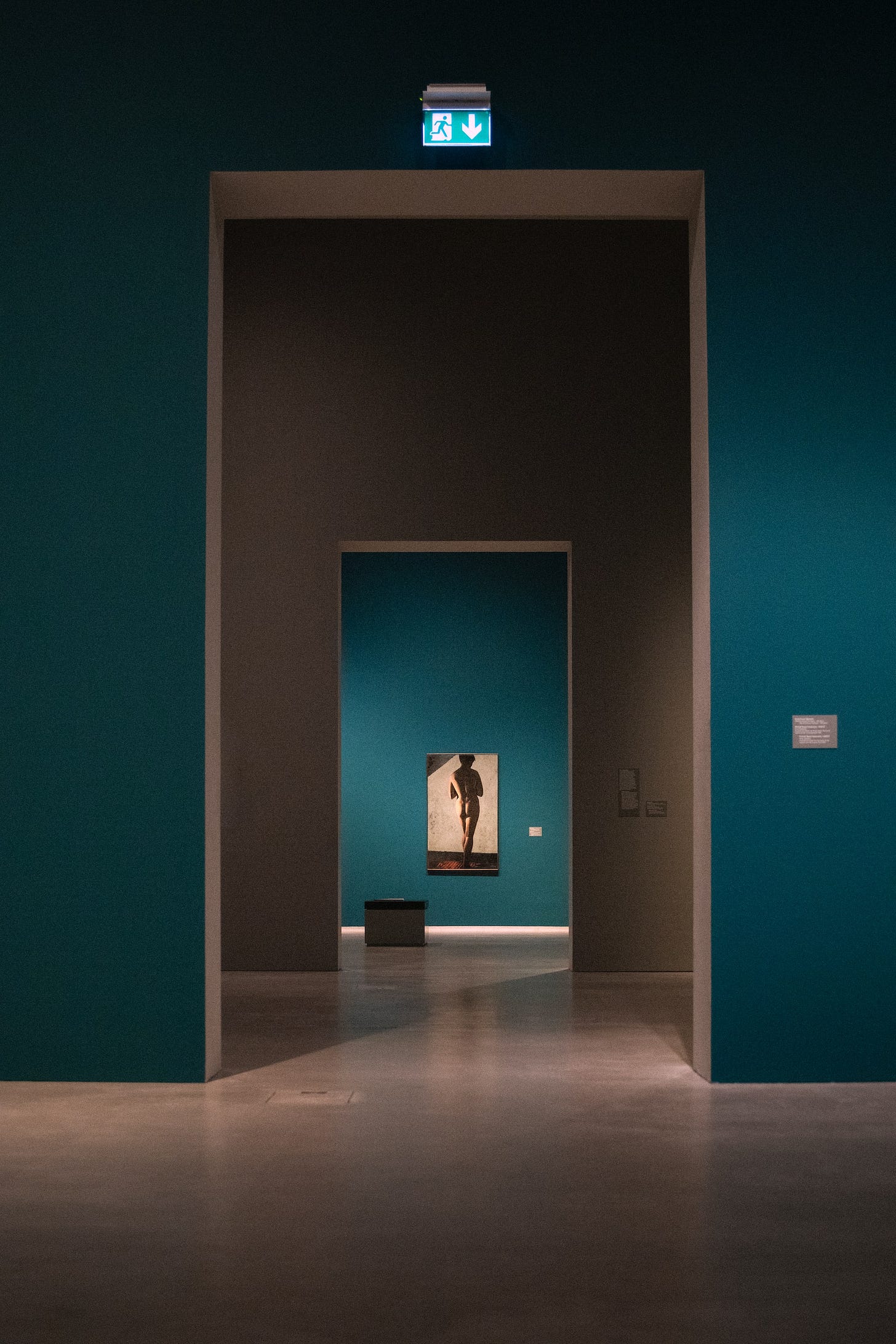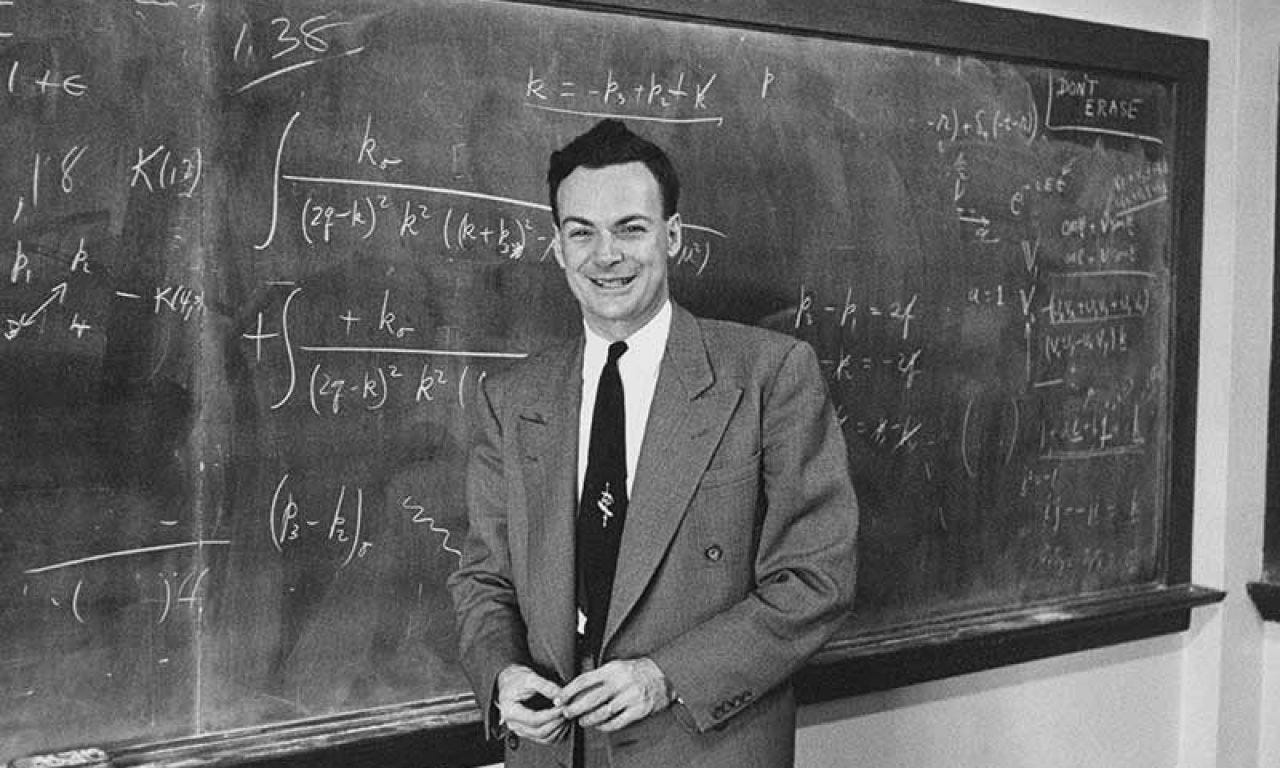Focus and Finding Your Favorite Problems
“Jony Ive was talking about Steve Jobs: 'Steve was the most remarkably focused person I have ever met in my life.' That should tell you to do an audit of your life. Am I focused?”
A couple of weeks ago I had the great pleasure of interviewing my friend David Senra who runs the Founders podcast. A full transcript of the conversation is available at Compound. I called it “watching game tapes of entrepreneurs” which is what David does for a living (the following quotes are from the transcript):
“The first four hours of my day is usually just spent with a physical book, just concentrated on reading a biography of an entrepreneur. I’m trying to build this vast catalog of all that took place in the history of entrepreneurship. What can entrepreneurs learn from? What are the best ideas to copy and the worst ideas to avoid?”
You might know him from a recent episode of Invest Like The Best (his podcast will be part of Colossus going forward). Needless to say, I highly recommend his work with episodes covering people in all kinds of industries as well as investors like Buffett, Munger, Ed Thorp, Henry Singleton.
“Out of every single person I've read about, Ed Thorpe to me got the closest to mastering life. He's able to make a lot of money now easily and build great businesses. But he also was a good father. He was a good husband. He took care of his health. He looks fantastic. Go watch the Tim Ferriss episode of him on YouTube. That guy's almost 90.”
Something that I admire about David is his incredible focus. He found one important idea, podcasting as a tool for teaching at scale, and is laser focused on maximizing its potential. He’s not building a course, raising a venture fund, or engaging in other distractions.
“The greatest entrepreneurs had one idea. They built everything around that one idea. There might be things that spawn off of that idea later on. There are other businesses that can grow out of that, other business lines, other products. But fundamentally, they start with an idea.”
“Take a simple idea and take it seriously.” Charlie Munger
That kind of focus can be incredibly powerful and is a recurring theme among great entrepreneurs and investors. Alice Schroeder wrote in The Snowball about the first meeting between Buffett and Bill Gates at a dinner. Neither Gates nor Buffett had been enthusiastic about attending. But they connected immediately:
Buffett skipped the small talk; he immediately asked Gates whether IBM was going to do well in the future and whether it was a competitor of Microsoft. Computer companies seemed to come and go, and why was that? Gates started explaining. He told Buffett to buy two stocks, Intel and Microsoft…
As the sun descended toward the water during the cocktail hour, Buffett and Gates kept talking. At sunset the helicopter had to leave. Gates did not go with it.
“Then at dinner, Bill Gates Sr. posed the question to the table: What factor did people feel was the most important in getting to where they’d gotten in life? And I said, ‘Focus.’ And Bill said the same thing.”
Michael Moritz wrote about Bill Gates’ focus in the epilogue to the book Leading:
“The most extreme example of this blistering desire to concentrate on his business that I ever encountered was the young Bill Gates. After he had bought a TV to watch educational videotapes, he eliminated the temptation to watch shows or movies by disconnecting the tuner. He removed the radio from his car, lest news bulletins or music prevented him from thinking about Microsoft. For Bill and for Microsoft, the ability to shut off the outside world paid enormous dividends.”
“Steve Jobs had this idea when he was 18 or 19 years old. I want to build great products. He did it until he died.”
Buffett, Gates, and Jobs found their missions early in life. Their quests to compound wealth, build exceptional companies, and design great products became all-encompassing. But what if you haven’t found that mission, that one thing, to focus all your energies on?
I was reminded of an interesting idea buried in Tiago Forte’s Building a Second Brain. Forte discussed physicist Richard Feynman’s various interests and contributions to society: as a scientist (Nobel Prize in Physics), teacher, author, drummer, and as part of the commission to investigate the Challenger disaster.
“How could one person make so many contributions across so many areas? How did he have the time to lead such a full and interesting life while also becoming one of the most recognized scientists of his generation?”
Forte believes he found a clue in an old interview with Feynman:
“You have to keep a dozen of your favorite problems constantly present in your mind, although by and large they will lay in a dormant state. Every time you hear or read a new trick or a new result, test it against each of your twelve problems to see whether it helps. Every once in a while there will be a hit, and people will say, ‘How did he do it? He must be a genius.’”
Without reading too much into the remark (does it have to be a dozen?), I like the idea of finding one’s “favorite problems.” I assume Feynman used the term in the sense of a math or physics problem, a problem with a defined answer. But I think it can be reframed to one’s favorite open-ended questions, areas of inquiry, and interests. What questions keep you curious and engaged for a long time?
It was an interesting experience to write these out and keep asking why to uncover the question behind the question. Ideally, one can uncover areas in which a continued curiosity can lead to a valuable contribution to the world through an improved understanding or new connection.
For example, one questions behind my writing has been:
What can we learn from great investors?
Like David I wonder “what are the best ideas to copy and the worst ideas to avoid?” But why?
“I must create a system or be enslaved by another man's.” William Blake
First, to get to financial security, let alone wealth, one needs at least a basic understanding of the rules of game, of the economic machine that rules our world. Investors (and entrepreneurs) are nothing if not dedicated students of that game and its repeating patterns and ideas. Learning their frameworks and methods can be immensely valuable.
Second, I personally don’t aspire to be the next Warren Buffett. But I view investing as a metaphor for life. Great investors tend to be students of the past, strive to see the present clearly, and have to place bets on an uncertain future. Great investing is also all about temperament, learning, and self awareness. I think studying their stories and mindsets is very valuable when we design our operating philosophy for life.
Sometimes I drift to a different but related question:
How did everyone get so rich around here? And are they happy?
I don’t aspire to accumulate a great fortune (a small one should suffice), but I find that I learn a lot about how the world actually works from these stories. Some fortunes are created through innovation, some through exploitation. Some are the result of ingenuity, some are built on fraud. Some compound slowly, others are seemingly willed into existence overnight. Some stories teach us how to get rich, some how to stay rich, and some how easy it is to lose it all again.
Asking for the why behind the question, I ended up with:
What are the best ideas and principles on how to create, compound, and change (the world and yourself)?
One can invert this, too:
What are the bad ideas and recurring mistakes, in finance, business, and life, to avoid?
This isn’t a problem with one answer of the sort Feynman tackled. It’s an open-ended inquiry.
It’s related to another quote I picked up from David during one of our conversations:
“All I want to do is read books, talk to interesting people, podcast, take care of my health, and spend time with my family and friends.”
I pay attention when people have a concise and clear articulation of what ‘the good life’ means to them. It is another lifelong question to wrestle with - a universal question with a personal answer.
I would encourage you to go through the exercise of making your own list and contemplating the layers and questions that are not immediately obvious. Consider how these questions have changed over the years. Which ones are truly important and refuse to disappear? Which ones can turn into action or creative work?
Some of them might be personal. For me, one of them is:
How do I create and nurture better, more lasting and fulfilled relationships?
That question might never lead to a product or business, or even a piece of writing. It’s not the foundation of finding intense focus and a single mission in life. But I don’t think the questions should be selected by their potential value to others. Personal growth and becoming wiser is enough.
These questions, whether we are conscious of them or not, are the foundations of our lives as learning journeys. They can be valuable even if they only matter to us. Having them in our back pockets keeps us curious and engaged. They can motivate us every morning to greet the day eager to learn. What is interesting? And why?






I like this piece a lot, Frederik. Hope you're well. Warm wishes, William
One of my favourite articles, quite a few points to ponder and work with. Will be using a few. Thank you Frederik